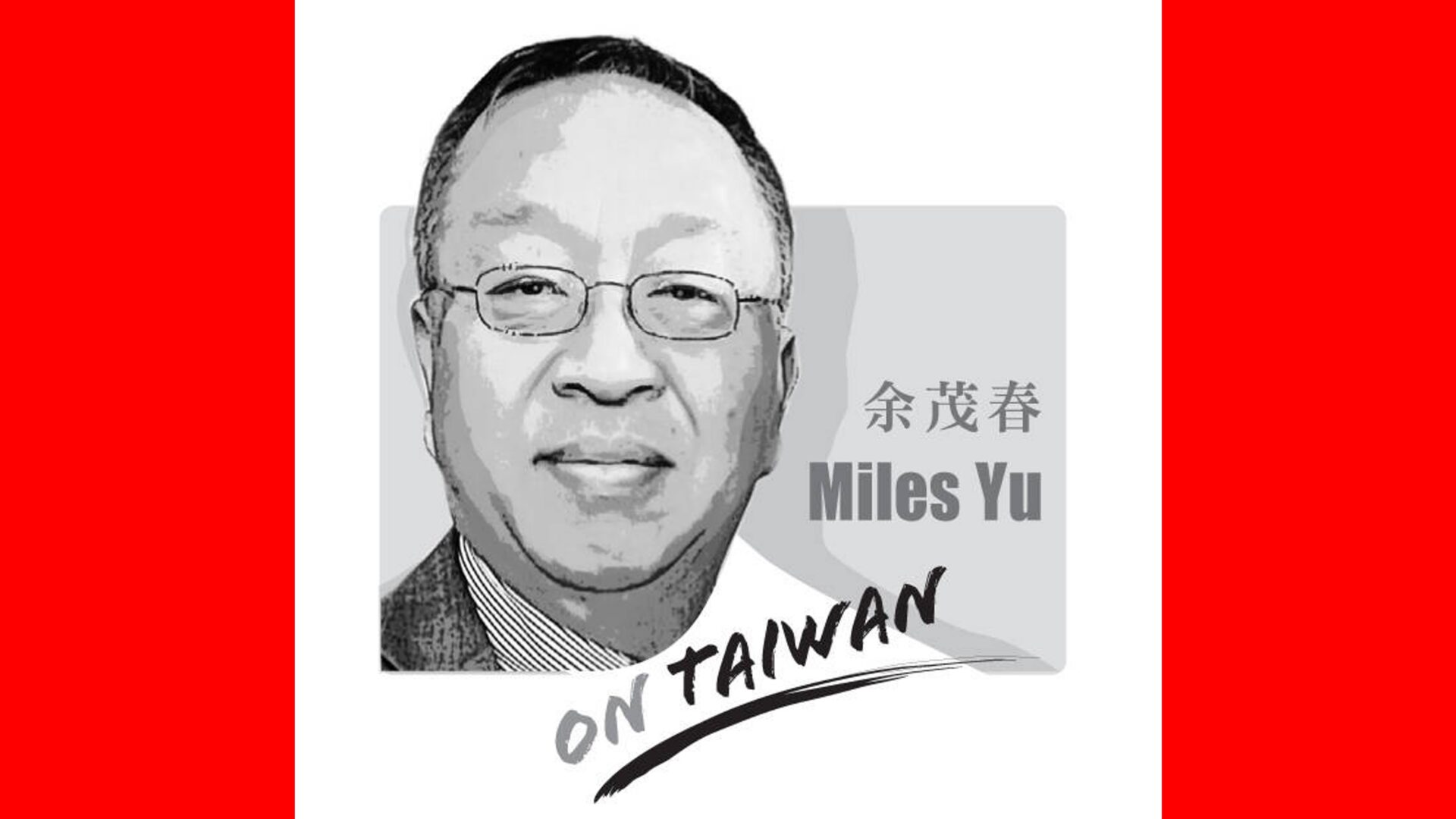
Krach Institute Unveils World’s First Tech Diplomacy Academy, Pioneering a New Era of Global Leadership
Krach Institute for Tech Diplomacy at Purdue
04.30.24U.S. State Department Adopts Innovative Education Platform to Arm Diplomats
with Unprecedented Tech and Strategy Expertise
APRIL 30, 2024, WEST LAFAYETTE, IN & WASHINGTON, D.C.—Today the Krach Institute for Tech Diplomacy at Purdue unveiled its Tech Diplomacy Academy, the world’s first and only online education platform poised to revolutionize how government, business, technology and citizen leaders are trained at scale about critical and emerging technologies, and how to compete and lead in a contested technology and geopolitical landscape. Pioneered by the Krach Institute, Tech Diplomacy is a groundbreaking category that integrates technology, commercial and foreign policy expertise to guide the trajectory of trusted tech toward advancing freedom, security and prosperity worldwide.
“Technology shapes every facet of our personal and professional lives, and the destiny of nations,” said Keith Krach, former Under Secretary of State, and Co-founder and Chairman of the Krach Institute for Tech Diplomacy at Purdue. “With the launch of the Tech Diplomacy Academy, we are not merely responding to this reality; we are shaping it. Our mission is clear: to equip leaders with the knowledge and tools necessary to secure our freedom in the new technology age.”
U.S. State Department Leads as First Adopter
With today’s launch, the U.S. Department of State announced the adoption of the Tech Diplomacy Academy’s cutting-edge online training platform, affirming its commitment to educate key personnel on critical and emerging technologies, and strategies to ensure U.S. and allied leadership in tech sectors vital to U.S. national security and economic prosperity. Through this first-of-its-kind training and education partnership, State Department officials will be fully equipped to represent the United States in all frontiers of the emerging tech ecosystem.
“We have a pivotal opportunity to harness the potential of the 21st century tech revolution and make this the safest, freest, most prosperous era in human civilization,” said Michelle Giuda, CEO of the Krach Institute for Tech Diplomacy at Purdue and former Assistant Secretary of State. “In an era where every advancement in technology becomes a battleground between freedom and authoritarianism, the Tech Diplomacy Academy will educate and empower a whole new generation of leaders to compete at the speed and scale necessary to ensure we win and that technology advances freedom. We are proud to partner with the U.S. State Department and all of our global launch partners in this visionary effort.”
“We are thrilled about the training opportunity provided by the Krach Institute for Tech Diplomacy at Purdue. The landscape of global power is increasingly shaped by our ability to compete in cyberspace and on critical technologies,” said Under Secretary of State for Public Diplomacy Elizabeth M. Allen. “Understanding our digital world – and the impact of tough challenges in cyberspace and advancements in AI, quantum computing, and other emerging technologies – is vital for our national security and economic leadership. Developing our Public Diplomacy team and cadres of cyber, digital, and technology officers at State into proficient tech diplomats is key to ensuring our continued leadership and ability to build strong global partnerships.”
Introducing the Tech Primer Series
The Tech Diplomacy Academy’s inaugural curriculum, the Tech Primer Series, delivers a comprehensive program of online courses, meticulously designed to furnish learners with the science and engineering fundamentals underpinning critical and emerging technologies (CETs), and emerging and disruptive technologies (EDTs) identified by the U.S. National Science and Technology Council, NATO, the Quad, and other partners and allies.
Using the most innovative practices in edtech and online education, this first-of-its-kind curriculum ensures that learners acquire not merely surface-level knowledge but an indispensable comprehension of the core principles anchoring these transformative fields. Courses in the Tech Diplomacy Academy’s Tech Primer Series include an Introduction to Tech Diplomacy, as well as artificial intelligence, semiconductors and microelectronics, biotechnologies, clean energy, cybersecurity, advanced manufacturing, hypersonics, space technologies and more. Each is led by distinguished science and engineering experts from Purdue University, alongside global industry leaders, diplomats and leading foreign policy practitioners.
Additional curriculum, live sessions, updates and enrichment materials will continually be added to keep learners ahead of all aspects of the dynamic technology, economic and geopolitical landscape.
“As an American public university with the largest STEM undergrad enrollment among top 50 universities, Purdue University is proud to spearhead the new category of Tech Diplomacy,” said Mung Chiang, President of Purdue University, and former Science & Technology Adviser to the U.S. Secretary of State. “Our commitment to advancing freedom through technology is unwavering, and the Tech Diplomacy Academy is how we deliver on that promise through education.”
Global Allies, Innovators, Universities and Companies Rally Behind the Tech Diplomacy Academy
The Tech Diplomacy Academy is not just a national endeavor but a global movement. With esteemed launch partners, such as the Applied Research Institute (ARI), Australian Strategic Policy Institute (ASPI), Black Sea Trust of the German Marshall Fund, Guidehouse, National Chengchi University (NCCU) and National Yang Ming Chiao Tung University (NYCU) in Taiwan, Romania 2030 and the U.S.-Taiwan Business Council, the Tech Diplomacy Academy is positioned to shape the next generation of Tech Diplomacy leaders worldwide.
“We are in the midst of a critical competition to develop the technologies that will determine the shape of our world in the coming century. Freedom-loving nations must maintain and expand the lead in creating and advancing trusted technologies that will safeguard freedom, or authoritarian regimes could leverage new technologies to undermine and destroy the values we hold dear,” said Mircea Geoana, NATO Deputy Secretary General and Krach Institute Advisory Council member. “The Tech Diplomacy Academy will play a vital role ensuring that our leaders across the NATO Alliance and beyond understand the technologies, business strategies and diplomatic tools that must be employed to secure our continuing leadership in vital tech sectors now and in the next generation.”
“I applaud the Krach Institute for launching the Tech Diplomacy Academy,” said Audrey Tang, Taiwan Minister of Digital Affairs and Commissioner of the Krach Institute’s Global Tech Security Commission. “It is a brand-new platform that integrates tech expertise, high-tech business strategies and foreign policy tools designed to showcase how much the trusted technology means in this digital age. The Tech Diplomacy Academy will gradually shape the next generation of transformational leaders in the free world and help advance technology that serves humanity.”
“Trusted technology is vital to our national security. The Krach Institute’s Tech Diplomacy Academy is invaluable for helping public and private sector leaders navigate today’s complex technological and geopolitical competitions,” said H.R. McMaster, Hoover Institution Senior Fellow and Honorary Co-Chair of the Krach Institute’s Global Tech Security Commission. “The Tech Diplomacy Academy platform helps leaders see the connections between technology, diplomacy, and corporate strategy to take advantage of opportunities, reduce risks, and contribute to a more peaceful and prosperous future.”
The Tech Diplomacy Academy is being heralded by global leaders across government, business, high-tech and academia. To join the Tech Diplomacy Academy and see what others are saying, please visit TechDiplomacyAcademy.org.
####
About the Krach Institute for Tech Diplomacy at Purdue
The Krach Institute for Tech Diplomacy at Purdue is the world’s preeminent trusted technology accelerator. As the leader in the new category of Tech Diplomacy, the Institute integrates technology expertise, Silicon Valley strategies and foreign policy tools to build the Global Trusted Tech Network of governments, companies, organizations and individuals to accelerate the innovation and adoption of trusted technology and ensure technology advances freedom. Visit the Krach Institute online at TechDiplomacy.org and follow us on X, Facebook, LinkedIn, and YouTube. Subscribe to the Institute’s weekly newsletter Tech Diplomacy Now for the latest news at the intersection of high tech and foreign policy.
For more information or to schedule an interview, please contact Megan Stencel at megan@javelindc.com or 703-490-8845.
Related Posts

article
The Era Of ‘Tech Diplomacy’ Is Here
Technology is the new frontier of international relations. The interaction is bi-directional: technology is defining diplomatic matters while diplomacy is also influencing the development and deployment of technology. Take semiconductors as an example. This is a technology that forms the foundation of digital economy, national security, and productivity in almost all industries. Global supply chain in the semiconductor industry is shaping U.S. foreign policy. Conversely, America’s diplomatic effort has been redefining the supply chain. Tech diplomacy is different from science diplomacy, which became a key pillar for the U.S. and other countries since World War II. Scientists participated in treaty negotiations, engaged in bilateral summits and served as attachés at embassies. Primary topics included nuclear proliferation, super-collider construction, human space exploration and environmental science.

By: Miles Yu
article
Miles Yu On Taiwan: China’s lessons—and fears—from the Wagner revolt in Russia
For over a century, tumultuous events thousands of miles away in Russia have impacted China profoundly. Mao Zedong (毛澤東) famously said that the cannon sound of the October Revolution brought Marxism-Leninism to China. Now Xi Jinping (習近平) fears that last month’s Wagner revolt may provide a model for the Chinese Communist Party’s undoing.